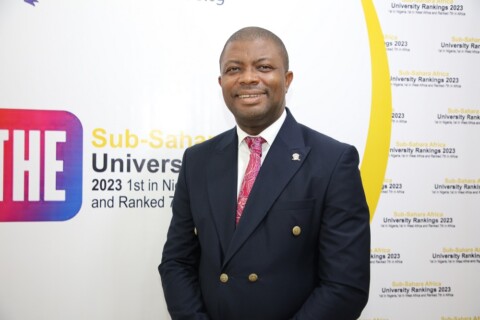The Federal Government has announced plans to regain control of Almajiri schools that were originally established during the administration of former President Goodluck Jonathan.
These schools were handed over to the governors of the 19 Northern states but have since been neglected and abandoned.
The move was revealed by Idris Sani, the Executive Secretary of the National Commission for Almajiri and Out-of-School Children (NCAOSC), during a signing event of a Memorandum of Understanding (MoU) with the Civil Society Action Coalition on Education for All (CSACEFA) in Yola, Adamawa State, on Wednesday.
Sani explained that the commission is working to rehabilitate the schools and restore their original purpose. He revealed that plans are underway to take over 157 Almajiri schools across the country. These schools, which were built under Jonathan’s administration, have remained largely unused after being abandoned by successive governments.
“I have directed my Chief of Staff to conclude arrangements for the takeover of 157 Almajiri schools in the country, built by former President Goodluck Jonathan, which were abandoned by successive administrations in the country,” Sani said. “We have also applied to the Federal Government to help us rehabilitate them for the take-off of normal academic activities in our quest to tackle the challenges of Almajiri and out-of-school children in the country.”
Sani emphasized the importance of a collective effort in addressing the Almajiri and out-of-school children crisis. He also noted that the commission is collaborating with the National Board for Arabic and Islamic Studies (NBAIS) to deploy staff to the rehabilitated schools due to the large number of schools involved.
In support of the initiative, Odinaka Chimbama, the National Coordinator of CSACEFA and Policy Advisor, affirmed the coalition’s commitment to aiding the commission in its mission to reduce the number of out-of-school children in Nigeria. However, Chimbama also expressed concerns regarding the inadequate funding in the education sector. She called on both the federal and state governments to increase the education budget to meet UNESCO’s recommended benchmark of 15-20%.
“Any nation that wants to develop must invest in education, but unfortunately in Nigeria, even the little being budgeted to the sector is not accounted for or properly utilized,” Chimbama said.
She further stressed the need for greater transparency and accountability in the management of education funds. “Our work is to support government programs and policies, build the capacities of our members to hold the government accountable in education programs and policies, support the government in developing education policies, and ensure these policies are implemented,” she added.
This initiative is seen as a step toward addressing the ongoing challenges in Nigeria’s educational sector, particularly the crisis of out-of-school children.





